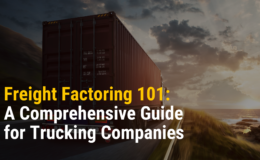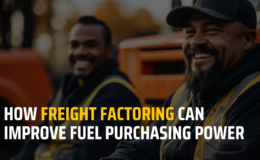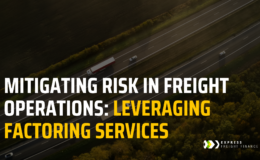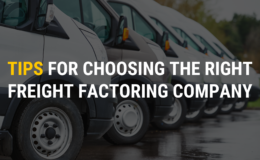We are in the middle of an economic growth spurt, yet we are seeing hints of inflation making it to the news. Many analysts have even gone so far as to draw connections between rising inflation and the costs associated with the trucking industry. But does inflation really threaten our strong economy?
Inflation and Bank Loans
The Fed is already attempting to combat inflation by raising the interest rates on loans. Since the start of 2018, interest rates have been hiked three times, with two more increases coming down the line before 2019. New businesses and growing fleets in the trucking industry are now putting major projects on hold because of the high rates associated with traditional bank loans.
Tariffs and Regulations
High tariffs and federal regulations are also raising the cost of trucking. Raw materials and even produce now cost more than they did but one year ago. The increased cost is part of trade reform, and the urgency to move these goods means the trucking industry has to charge higher rates to get them to their destinations on time. The increase in production from manufacturers and farms means trucks need to have the capacity to move large shipments. Unfortunately, regulations such as the ELD Mandate, also decrease the number of hours drivers can be on the road. Hauling time-sensitive shipments means reconfiguring supply chains so that little to no time is lost. This raises the rates that fleets charge their customers, and ultimately, that means higher prices on the store shelves. Whether a person makes policies in Washington, owns a fleet, works in a factory, or drives shipments across the country, they are all consumers and will be impacted by inflation at the stores.
Inflation is not Artificial
There are a number of fringe theories floating around which state that inflation is an artificial concept. That inflation is imposed to at the federal level to regulate the process and prevent too much growth in any one sector. The truth, especially now, is that inflation is rearing its ugly head due to an employment gap in the trucking industry, higher production in other industries, as well as newly imposed trade laws. There is no artificial pull, and what we are seeing now has very tangible and real-world consequences. For now, the trucking industry is doing its best to meet the demand of other businesses and deliver to destinations within the confines of the ELD mandate. Hopefully, this period of economic growth will continue for a while.






